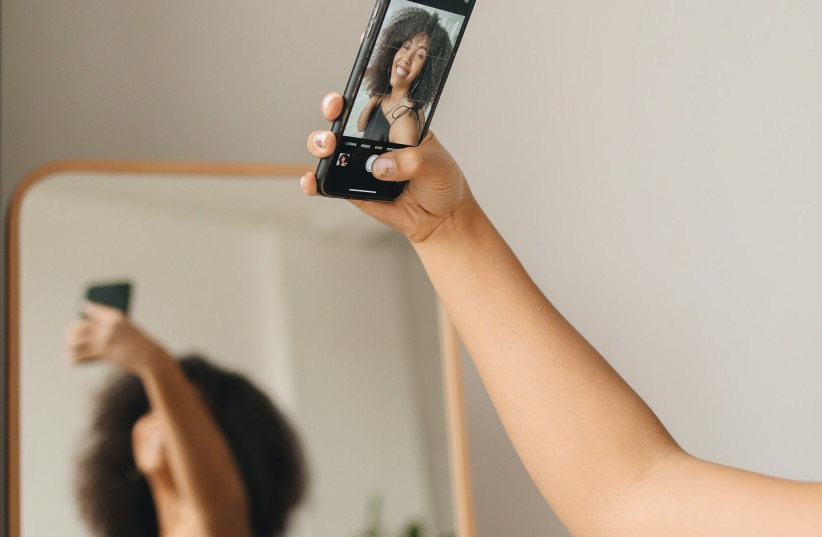A new peer-reviewed study has found that people who perceive themselves as more attractive are less likely to wear masks.
Research has shown that conventionally attractive people are associated with more positive personality traits and receive preferential treatment. Research has also shown that people, who are perceived as more attractive, tend to donate less to charity and act with more self-interested motivation.
COVID-19 pandemic
Many countries legislated a requirement to wear masks. In some countries, like Israel, this included private establishments.
The temporary legislations raised debate between personal freedoms and societal responsibility.
There was also significant discourse on the effectiveness of masks at reducing the risk of transmitting or receiving the disease.
Study one
In this study, three experiments were carried out to test the hypothesis.
In the first of the studies, 244 participants were recruited from Amazon Mechanical Turk (MTURK.)
In this test, participants were asked to rate their attractiveness using a three item scale. They were then asked ‘Do you think the interviewers will perceive you as more attractive with a face mask?’
After this, participants were asked to answer whether they would wear a mask in an imaginary scenario.
Finally, the researchers measured fear of COVID-19, self-esteem and demographic variables like ethnicity and age.
Study two
Study two sort to understand individual’s beliefs about the impact mask-wearing had on perceived personality traits and characteristics.
In this test, 354 Mturk users were recruited.
The same attractiveness scale was used as study one. They were then asked how much they agreed with a number of statements like ‘Do you think the interviewers will perceive you as more [trustworthy/competent/attractive] with a face mask?’ They were then asked if they would wear a mask if interviewing for their dream company.
Study three
442 participants were recruited from Mturk users. Participants were asked to imagine that they were walking a dog. They were then asked how likely they were to wear a mask in this scenario.
Then, participants were asked how attractive others would perceive them to be with a face mask.
Following this, they were asked ‘how much do you want to make a good first impression on others?’
Findings
The study found that people who view themselves as attractive are less likely to wear a mask.
Mask-wearing was thought to, generally, signify positive intentions, trustworthiness, and competence.
Participants, who believed themselves to be attractive, that were highly motivated to make a good first impression were less likely to wear a mask. However, those that were not motivated by making an impression on others, were not as impacted by the desire to not wear a mask.




